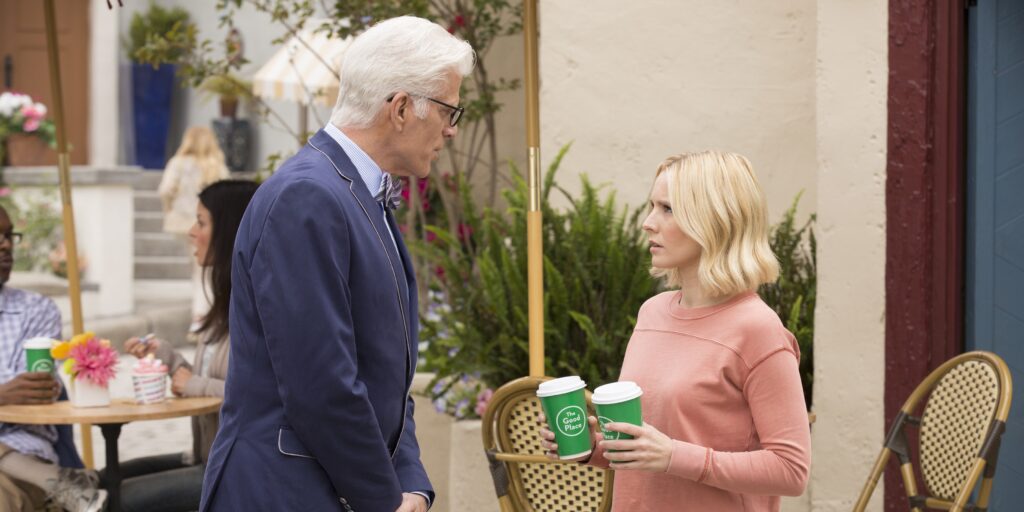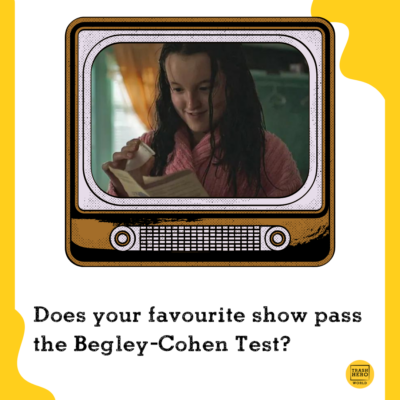Have you ever noticed what brand of coffee the characters on your favourite TV show drink? Or what type of phone the heroes in the latest blockbuster movie are using? This kind of product placement has been used for years by companies to subtly advertise their products.
What’s shown in film and TV can also affect social norms. The changing portrayal of interracial or gay relationships over time has both reflected and shaped our attitudes. It’s well known that the media is an important influencer of culture and opinions.
So what if this thinking was applied to plastic pollution and the way individuals can do their part?
Despite the urgency of the plastic pollution crisis, the media is lagging behind when it comes to depicting reuse and refill instead of single-use. It is failing to show how we can make small but effective changes in our daily life. Many of our favourite characters continue to use single-use plastics, such as cups and plastic bags, without regard for their environmental impact. The media has an important role to play in creating awareness about the problem and its solutions.

This is where the Begley-Cohen Test for Film and TV comes in. Created by the Plastic Pollution Coalition, the test is similar to the Bechdel test, which evaluates the portrayal of women in the media. The Begley-Cohen Test encourages viewers to critically evaluate the use of single-use plastic in the media and raises awareness about the media’s role in how society views plastic use.
To pass the test, the media must meet the following criteria
- No single-use plastics appear on the screen
- If single-use plastic does appear on the screen, it is portrayed or discussed as problematic
Some media automatically passes the test as it is set in a timeline where plastic does not exist. However, there are examples of TV shows that pass the test much more actively – such as The Last of Us where one of the main characters is given a reusable menstrual cup.
Can you think of any others?
Undoubtedly, we are influenced by what we see on the screen, and the test encourages us to evaluate that. When we see characters who avoid single-use plastic and take steps to reduce their use of plastic, we feel inspired to do the same. Furthermore, having reusable and refillable items used by popular characters normalises this behaviour across society.
The test calls out the depiction of single-use plastic on screen and encourages people to be aware of the danger of characters perpetuating its use.

The entertainment industry should instead be giving us positive examples of the kind of responsible behaviour we want to see in society.
The Begley-Cohen Test can be used to assess all forms of entertainment that we are exposed to, including social media. Have you noticed single-use plastic portrayed irresponsibly either on screen or in your feed? Does your favourite influencer use plastic? If you spot any instances, let people know. This can also create pressure for the media and influencers to change and be better role models.
In certain circles, plastic water bottles are now seen as very uncool – the Begley-Cohen Test could soon make that a reality everywhere.


Join the conversation